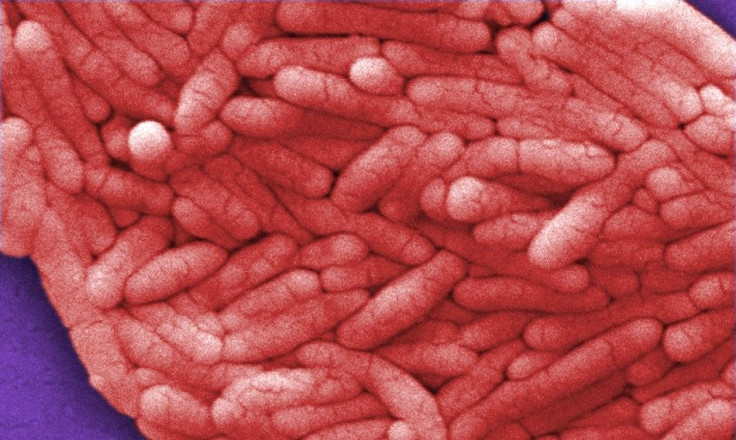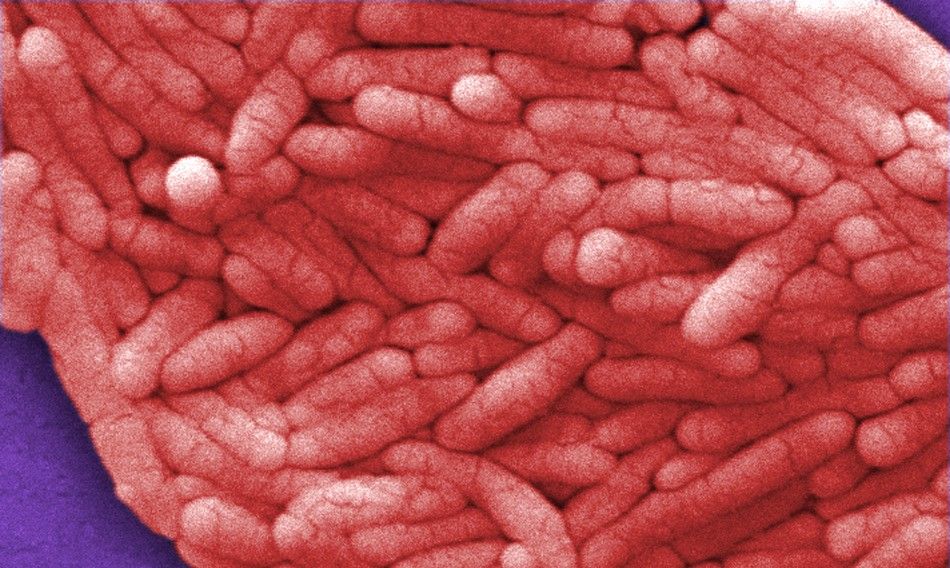A team of researchers has found how memory T-cells play a key role in building immunity against the deadly salmonella infection.
Salmonella is a bacteria that causes the infectious disease salmonellosis. The pathogen lives in the intestinal tracts of animals and birds and transmits to humans through food contaminated with animal feces. Infected people will experience symptoms like diarrhea, fever and stomach pains.
Although the pathogen is typically linked to salmonellosis, it also causes typhoid fever. With salmonella growing into an increasing global health threat each year, doctors are in a rush for developing effective vaccination.
A new study conducted by the UC Davis School of Veterinary Medicine shows how tissue-resident memory T cells can speed up the immune response against salmonella.
“Understanding the immunology is key to developing a better vaccine,” said Stephen McSorley, senior author and a professor of Anatomy, Physiology and Cell Biology at the school.
Researchers tried discover how tissue-resident memory cells are key to building immune responses against salmonella and other viral diseases like Chlamydia in mice models.
The CD4 T-cells and the immune system together help build a resistance response just as the pathogen enters the body by promoting antibody production in the B-cells. They then go into dormancy and hunker down in the liver as memory cells, until they are needed again to fight yet another salmonella infection, according to the study, which was published in the Proceedings of the National Academy of Sciences.
“We want to know, how do these cells get generated?” said Claire Depew, a graduate student in McSorley’s laboratory and the first author of the paper. Researchers had an idea about CD8 cells driving a similar immune response and building up resistance after getting signals from the tissue. This time, the focus was on CD4 T-cells.
Researchers found that molecules that promote inflammation, especially interleukin-1 and 2, are behind the enhanced formation of Salmonella-specific CD4 tissue-resident memory cells in the mice, which generates the rapid-response force that acts on the salmonella bacteria, according to Innovations Report.
“They’re trained and ready to go,” McSorley said, adding the findings will pave way for more vaccine research against the deadly disease. “A successful vaccine would need to promote conditions to form these cells, without causing liver inflammation.”

Reuters


